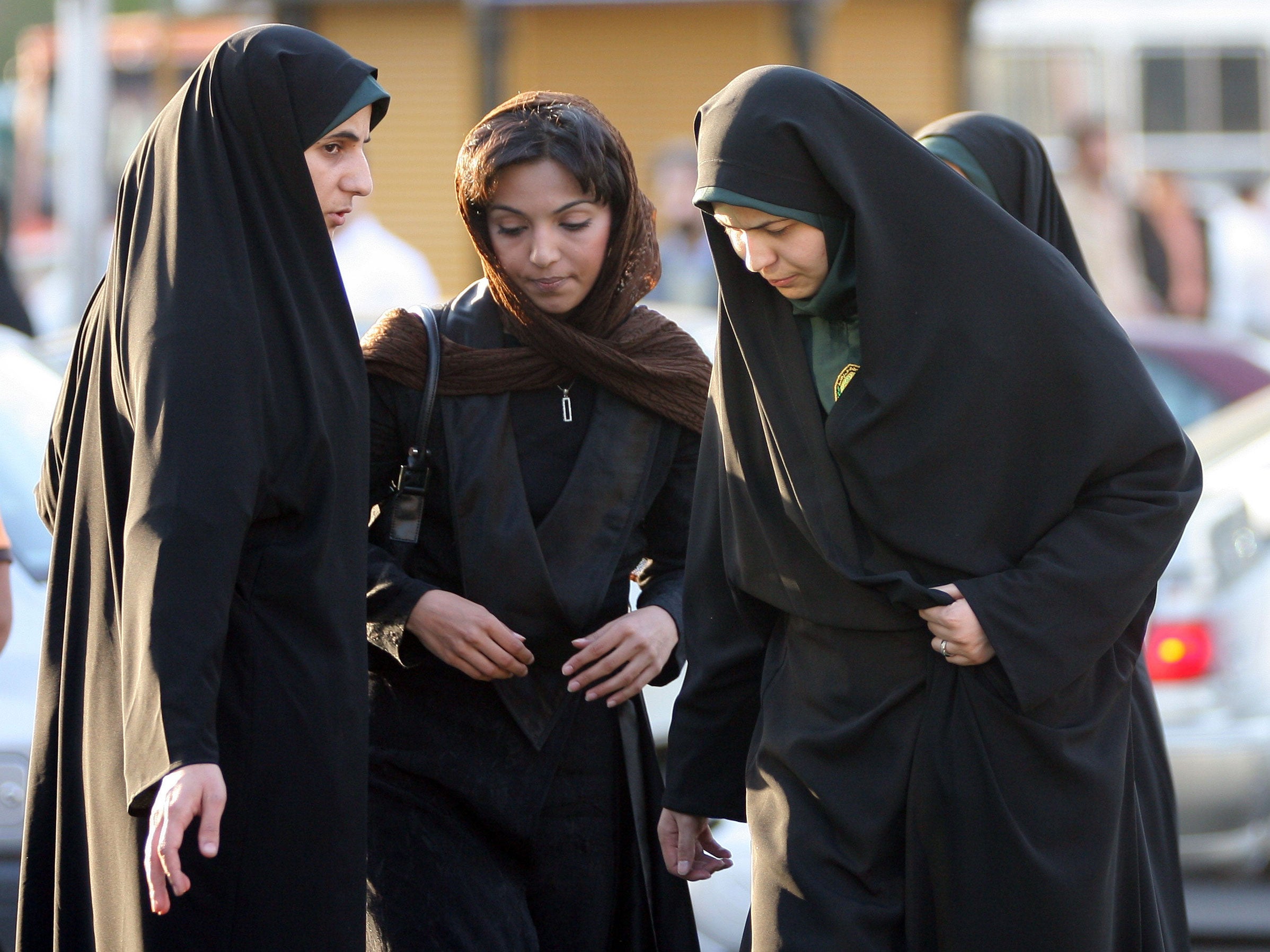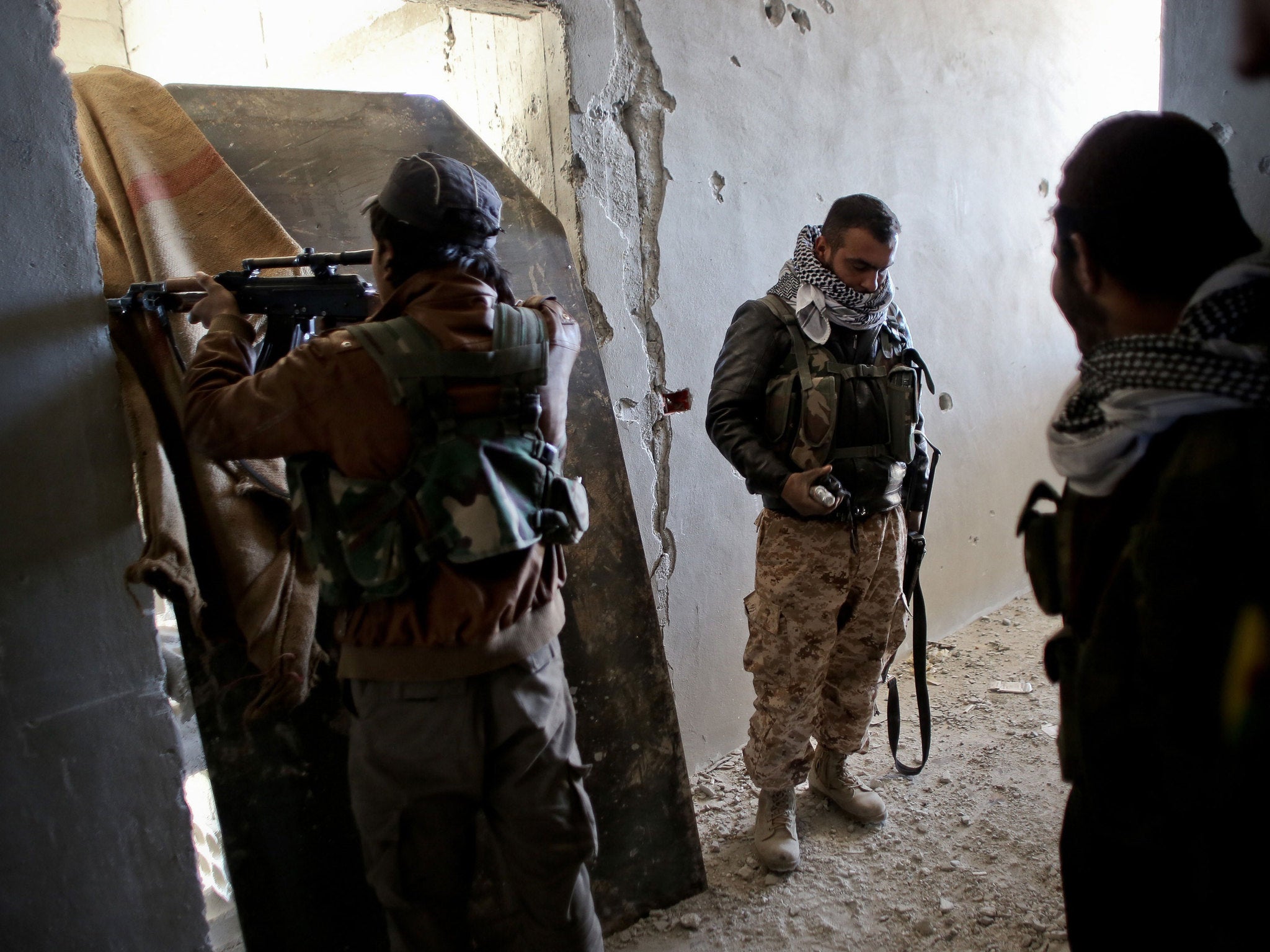The Only Way is Ethics: There's no point in the media artificially 'balancing' its coverage of Islamic issues
The refugee crisis still divides readers

The Muslim News held a conference last week to mark its 25th anniversary. One topic under discussion was the portrayal of Islam and Muslims by the mainstream media.
In recent times, most newspaper references to the Islamic religion and its followers can broadly be described as negative: this was the finding of research presented at the event. Yet that is perhaps unsurprising if you consider the prevailing geopolitical situation of the last 14 years. After all, a primary concern of the British media – and the British public – has been the genuine threat posed by religiously motivated extremists at home and abroad.
Whether the interpretation of Islam by those who wish to cause harm is one that many other Muslims would recognise is an important question, but it would be perverse to ignore the religiosity which drives fanaticism. An extreme, conservative Christian sect can still be characterised as Christian even if its view of the Bible is rather different to the Church of England’s. Likewise, Muslims who practise violence in the name of God can be described by reference to their religious outlook.

Nonetheless, should newspapers make a point of mixing the adverse portrayals with more positive ones? It is certainly important to challenge an uncontested orthodoxy. But to do that by simply “balancing” bad with good is facile because it undermines the primary purpose of the media: to judge news on its merits. To do otherwise creates not balance but false balance, which can ultimately be as misleading as if we ignored the other side of the story completely (whatever that “other side” might be).
In the final analysis, it is context that is the key. The media has a responsibility to report the bad stuff going on in the world; it is that which is “news”, in the end (things going well is, or should be, just the norm). But we have to do that in a way that makes real sense and avoids over-simplification of events, people and, yes, religion.
It is also important that those who study newspapers don’t do so in isolation of an examination of readers’ understanding of any given situation. It is all too easy to tot up numbers of reports on a particular subject, or to tally up positive references set against negative. But to draw conclusions from such statistics alone tends to underestimate the interplay between the production and consumption of published material. Most Muslims regard terrorists acting in the name of their religion as utterly contemptible. But most readers understand that implicitly, and will continue to do so – provided that journalists set news in its proper context.
Refugee crisis still divides readers

There is little sign that Europe’s response to the ongoing refugee crisis is any more coordinated or cogent now than it was two weeks ago, when The Independent called for a united approach. If anything, the chances of a common policy seem further away than ever. Reader comments on The Independent’s website show there is no unanimity of opinion on the issue. Yet while there is a legitimate debate to be had about how best to deal with the crisis, some of the bile on display is genuinely depressing.
One reader got in touch last week to point out that an anonymous individual had left a comment which called for refugees to be dealt with by re-opening Nazi gas chambers. That was perhaps the most extreme on show, but the sentiment was more or less shared by others. Freedom of expression is a wonderful thing, but I occasionally wonder whether comment boards containing such Neanderthal views would be improved by being closed.
Will Gore is Deputy Managing Editor of The Independent, i, Independent on Sunday and the Evening Standard; Twitter: @willjgore
Join our commenting forum
Join thought-provoking conversations, follow other Independent readers and see their replies
Comments
Bookmark popover
Removed from bookmarks